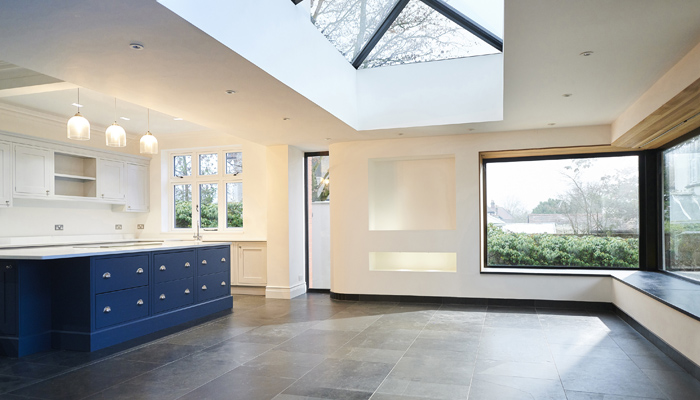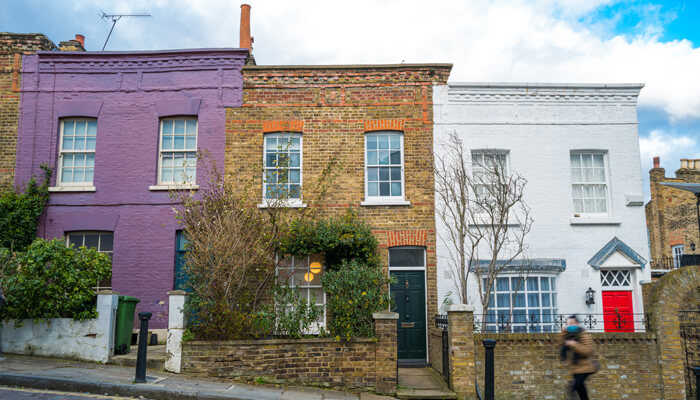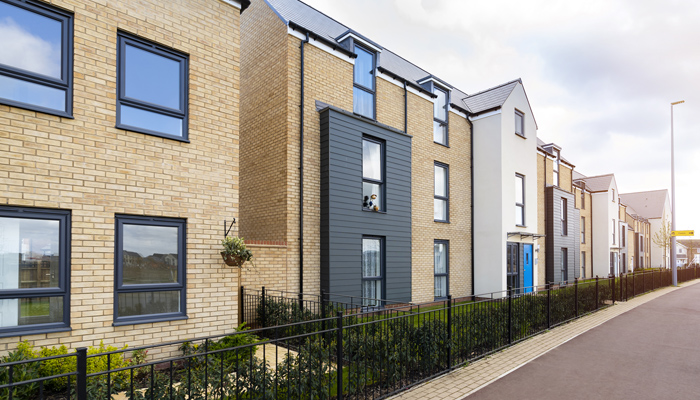Why Does My Empty House Smell?
Identifying empty house smells
Have you returned to your house after an extended leave only to notice a strange smell? This guide helps you identify common household odours, and offers simple solutions to get your house smelling like home again.
All buildings smell, even if there’s nothing actually wrong with them. This is doubly true if your house has been left vacant for some length of time. As a landlord, it’s your job to figure out which smells are natural and easily solved and which could point to more serious concerns.
My empty house smells stale
When a house is left vacant for extended periods of time, it may begin to smell stale. This scent is caused by lack of air circulation. The longer the house remains with closed doors and windows and no exhaust fans, the more noticeable the smell will become, and it may be made worse by old carpets and furniture or rooms that haven’t been thoroughly cleaned.
How to get rid of my 'empty house' smell
If your house just smells stuffy or dusty, the solution is simple: air it out! Most realtors will visit a house to “air it out” before showing it off, and with good reason: nothing drives prospective tenants or home buyers away from a property quite like a foul odour.
You can also help the smell dissipate by thoroughly cleaning the floors and walls of each room, leaving a bowl of vinegar in each room, and sprinkling baking soda into your carpets (remember to hoover it up after 30–60 min). You can also try using air fresheners, though this is a temporary solution at best and may make prospective tenants wonder if you’re covering up more worrying smells.
My empty house smells like smoke
Smoky odours might be found in new homes that used to belong to heavy smokers, or homes with fireplaces in need of a ventilation upgrade. Identify what kind of smoke smell you’re dealing with, then determine the best solution.
Here’s how to get rid of the smell of smoke:
- Make sure you wash all the fabrics in your house in cold water with vinegar
- Thoroughly clean your carpets, curtains, and furniture using baking soda
- Wash your walls with a vinegar solution
- Rinse and repeat this solution as many times as necessary
- For extremely stubborn smells, you may need to replace your carpets and repaint your walls
If your home smells like smoke from a wood burning fireplace, you probably have ventilation issues. You should contact a contractor immediately to make sure that there’s no risk of fire to your home.
My empty house smells musty
If your vacant home has a strong, musty smell, it may be a sign that you have an indoor mould or mildew problem. You should try to locate the source of this smell and isolate it to the room or rooms responsible. Sometimes you may solve the problem by airing out your house or removing a damp dish cloth that lay forgotten beneath your sink.
Here’s how to get rid of a musty smell:
To get rid of small mould stains, make a solution of 1 part chlorine bleach to 3 parts water and scrub the affected area. In more severe cases, you may need to call a mould removal specialist. If mould has infested your upholstered furniture or carpet, it may need to be replaced.
To prevent mould build up before you leave your home empty, consider placing a dehumidifier in vulnerable rooms (e.g. your bathroom or basement), returning regularly to air out your house, and ensuring that your house is well insulated and that there are no damp or leaky spots in your home.
Worried about your empty house?
Strange smells, water and fire damage, burglary, and vandalism are all issues that threaten your property while it sits vacant. That’s why we offer unoccupied home insurance — for the sake of your home’s safety, and your peace of mind.
Unoccupied property insurance from Towergate
It is also very important you have the right insurance for your unoccupied home. For more information, visit our dedicated unoccupied property insurance page.
You can get an unoccupied property quote online or call us on 0344 892 1750 to speak to a specialist adviser.
Specialist home insurance from Towergate
If you rent out your home and you’d like more information on Towergate’s cover for your property, see our specialist home insurance page or give us a call on 0344 892 1750 to speak to an adviser.
About the author
James Cooper is a respected industry leader with over 10 years' experience in the home and property insurance sector. He works across a broad range of insurance product and policy development and delivery, including product development; customer sales and marketing; and P&L accountability.
This is a marketing article by Towergate Insurance.
Date: August 01, 2024
Category: Home and Property











